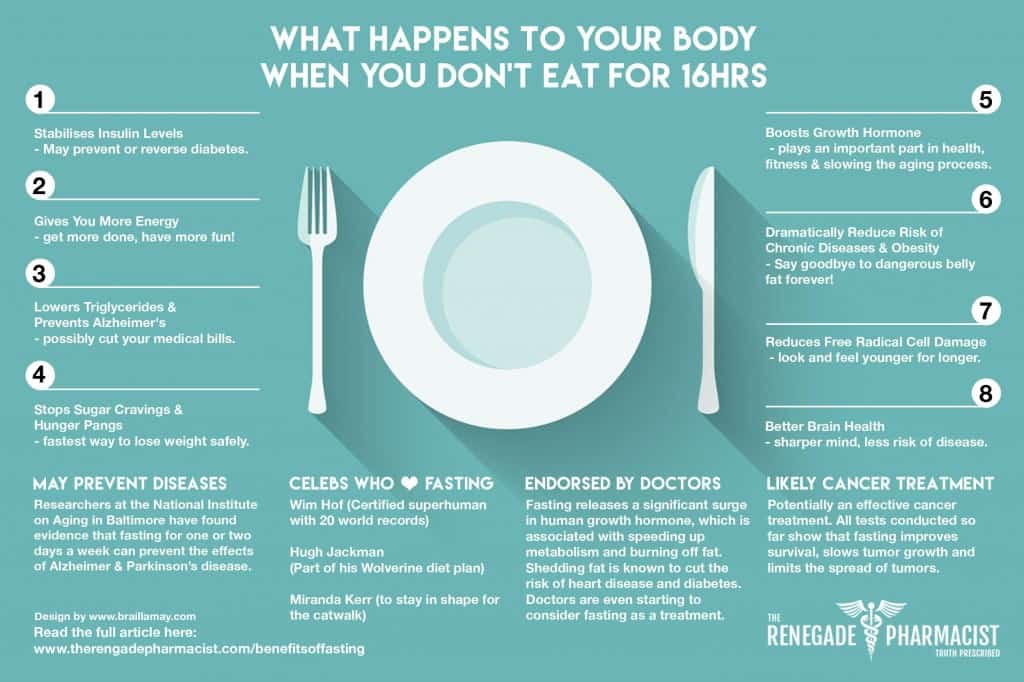
Photo by Koby Michaels
You have probably heard of antioxidants before. In health food crazes, the newest diets, and fad foods, antioxidants are synonymous with being healthy and living longer. In reality, antioxidants are just chemicals in your body that reduce the amount of free-roaming oxygen.
Though health food labels would make you believe otherwise, your body is quite capable of maintaining a healthy amount of antioxidants without much help. So no need to eat blueberries until you explode — just enjoy them to your tongue’s content.
“You can eat as many pomegranates and blueberries as you like and you’re not going to do yourself any harm, but I think you have to realize that everything should be taken in moderation,” explained Dr. Kelly Brown, a research scientist at the University of British Columbia.
But antioxidants have roles well beyond being a useful marketing tool for health food campaigns. They are central to a devastating childhood illness called chronic granulomatous disease, or CGD for short. CGD lays at the heart of new research by Dr. Brown. While most people have probably never heard of CGD before, it has a significant impact on the lives of many children and understanding the disease could, one day, have far-reaching consequences.
https://www.youtube.com/watch?v=g64Xbv8h8EQ
Music licensed from epidemicsound.com. Please see YouTubbe video description for complete credits. Koby Michaels/YouTube.
CGD is a well-known disease in the scientific community, but few outside the field have ever heard about it. Dr. Brown became interested in CGD after a surprising encounter with a clinician colleague. This encounter forever changed the course of Kelly’s career. Hear the story in the podcast below.
Sound effects are public domain (iMovie sound effects). Music licensed through epidemicsound.com
Though CGD is far from the minds of most people, it is devastating to the children — and their families — who suffer and die from it. Better understanding the underpinnings of this mysterious disease may one day help scientists and doctors find cures for diseases as widely varying as diabetes and Alzheimer’s.
Group 4: Andy Li, Tammy Lian, Xinwei(Wendy) Kuang, and Koby Michaels



